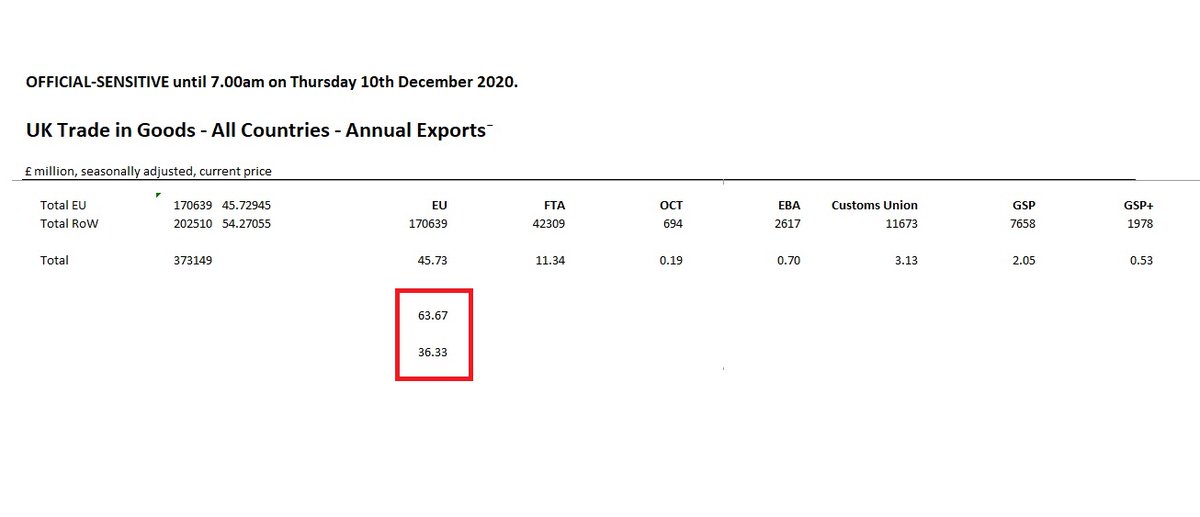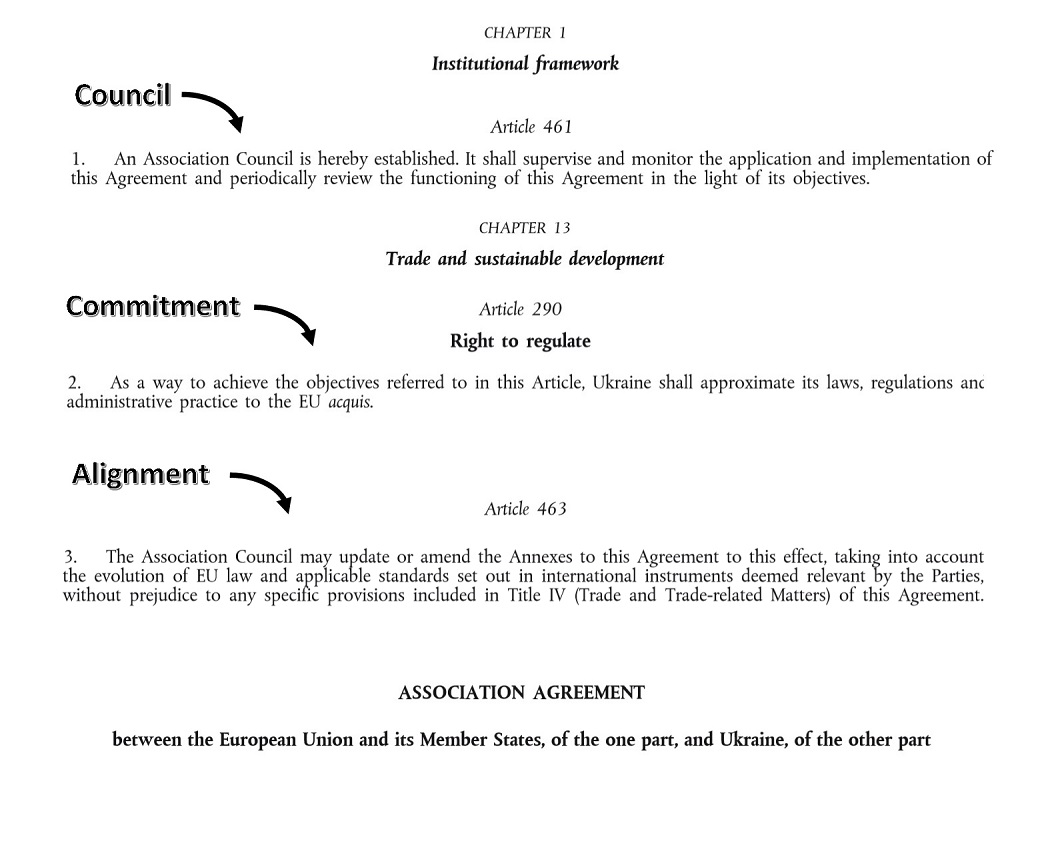
The problem with the regulatory argument is that the invention that leads to regulation tends to be regulated at the national level before the EU level. The EU then provides a European forum for regulatory convergence and a dominant power to represent it internationally.
https://twitter.com/faisalislam/status/1344986964756492288
There is also the inconvenient fact that the regulations are put together working with industry, and in this case it will be the same companies.
Essentially leading to very similar regulations in the same sort of time frame as other EU countries, only we won't get any input into the European recognised regulations or have the same weight in the global forums.
It's also worth pointing out that global regulations are rarely done on state of the art industries and take years to complete.
"Global regulation" will not be "quicker" or "responsive".
This isn't anti-Brexit. It has been a reality for nearly 60 years.
It's what the people backing Brexit were opting for.
It's what the people backing Brexit were opting for.
We can choose not to regulate and allow the market forces of the EU to dictate the regulation while allowing smaller domestically dedicated industries get the benefit of a lack of regulation.
This domestic flexibility does not lead to any global benefits, but the ability to spend more time playing with ourselves was the trade off that people believed was worth the loss in global influence.
That's not to say there isn't an unforeseen benefit in regulation, but any are going to be few, far between, difficult to identify, difficult to leverage, and have gains which are limited when the major players begin to set the agenda at the international level.
/End
/End
• • •
Missing some Tweet in this thread? You can try to
force a refresh







